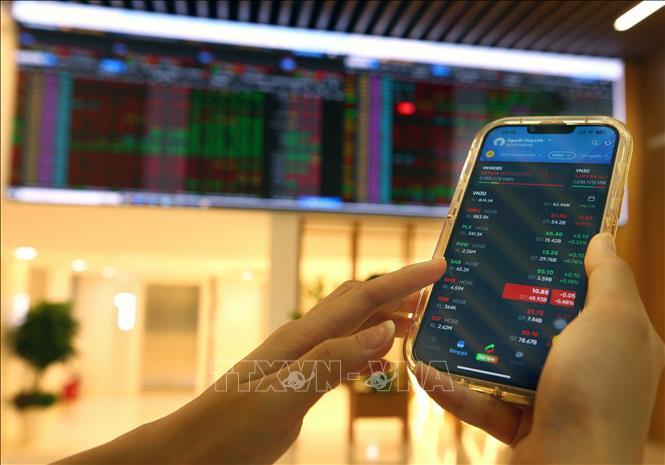
A groundbreaking step forward
Most major news agencies have said this is a landmark event for Vietnam’s economy and financial markets. The Financial Times said this is the first time Vietnam has been upgraded to secondary emerging market status by an index provider, a move that “could bring billions of dollars in investment into Vietnam’s stock market.” The newspaper quoted Bill Hayton, a fellow of the Asia Programme at Chatham House, as saying the upgrade is “very important for Vietnam” and is another step towards being seen as an economy that operates according to international standards and practices.
Similarly, Nikkei Asia highlighted that this change is expected to bring billions of dollars to the stock market as international investors add Vietnam to their portfolios. The article quoted Mr. Gary Harron, Head of Securities Services at HSBC Vietnam, as saying: "For Vietnam, removing the 'frontier' label could profoundly reshape investor behavior and confidence, altering the long-term economic development trajectory and reducing dependence on any one trading partner."
Vietnam has “won a long-awaited upgrade,” a change that “could unlock billions of dollars in new capital for its financial markets,” according to Bloomberg. “FTSE Russell’s upgrade of Vietnam to secondary emerging market status marks a watershed moment for Southeast Asia’s fastest-growing economy and capital markets,” Hebe Chen, a strategist at Vantage Markets in Melbourne, told Bloomberg.
One of the highlights that all news agencies focused on analyzing was the potential to attract foreign investment capital. Estimates varied but all showed a very positive outlook.
The Financial Times quoted Nguyen Thuy Anh, director of Dragon Capital, as saying that the upgrade could potentially bring in “tens of billions of dollars in active investment and about $500 million in passive capital flows.” The newspaper also cited a World Bank report last year that estimated that an upgrade by both MSCI and FTSE Russell could bring in net capital flows of $25 billion by 2030 if strong reforms continue and the global investment environment remains healthy.
Nikkei Asia and Bloomberg both cited HSBC estimates that the inclusion in international indexes could bring in $3.4 billion from active funds and $10.4 billion from passive funds. Reuters said analysts estimated inflows of between $3.5 billion and $5 billion.
Experts believe that this capital flow will have a big positive impact. According to Bloomberg, Mr. Tyler Nguyen Manh Dung, Senior Director of Market Strategy Research, HSC Securities Joint Stock Company, said: "Such a large amount of capital will be enough to reverse the prolonged net selling situation of foreign investors in recent years, reaffirming a turning point for the market." Bloomberg and Reuters articles also noted that foreign investors have been net sellers recently, and the upgrade could reverse this trend. According to Reuters, foreign investors sold $2.6 billion worth of shares in August and September.
Efforts and challenges
International media has unanimously acknowledged the continuous reform efforts of the Vietnamese Government and management agencies, which are prerequisites for upgrading.
In its decision to upgrade, FTSE Russell noted Vietnam’s remarkable progress in its trading settlement system. The newspaper listed a series of reforms that Vietnam has made since being added to FTSE Russell’s watchlist in 2018, including: a wide easing of regulations to make trading easier for foreign investors, the removal of some foreign ownership limits, and the removal of pre-trade margin requirements.
Nikkei Asia points out that Vietnam has met the final two criteria for reclassification: allowing foreign investors to buy shares without depositing a deposit first and creating a system to handle failed transactions. Reuters also highlights that Vietnam’s removal of the full deposit requirement for foreign investors’ securities transactions is a key prerequisite for FTSE’s upgrade.
In addition, both the Financial Times and Bloomberg mentioned Vietnam's adoption of market infrastructure from the Korea Exchange (KRX system), a technological upgrade that Bloomberg considered "important to enhance transparency and market infrastructure".
“The reclassification of Vietnam reflects the implementation of important improvements in market infrastructure,” said David Sol, global policy director at FTSE Russell.
Besides positive reviews, international press also pointed out challenges and noted some points that Vietnam needs to be cautious about.
Not all of the factors behind the upgrade are positive, Bloomberg notes. As of September, Vietnam had the largest weight (about 32%) in the FTSE Frontier Markets Index, but moving to the secondary emerging market index will see it compete with larger, more established countries. On Bloomberg, Hebe Chen warned of caution amid high valuations in the stock market. Bloomberg data shows the VN-Index is trading at 12.2 times forward P/E, compared with a three-year average of 10.1 times (forward P/E is a measure of how "expensive" or "cheap" a stock is, calculated based on estimated future earnings rather than past earnings).
The Financial Times also highlighted the long-standing difficulties in investing in Vietnam from abroad. The newspaper quoted Mr. Owens Huang, portfolio manager at Dalton Investments, as saying that "it can take months for investors to obtain the necessary identification number for the market and foreigners have to pay higher prices for shares in some companies due to ownership limits for non-Vietnamese investors." In its upgrade announcement, FTSE also noted "limited access for global brokers to trade in Vietnam," a point that, according to Reuters and Nikkei Asia, will be reviewed in the March 2026 review.
Looking to the future, Financial Times and Bloomberg said Vietnam is setting bigger goals: to be upgraded to emerging market status by MSCI by 2030 and upgraded to "advanced emerging market" status by FTSE at the same time.
It can be said that FTSE Russell's upgrading of Vietnam's stock market is considered by international public opinion as a worthy recognition for the country's economic and financial reform efforts. Although there are still challenges ahead, this is a strong signal, promising to open a new chapter for Vietnam's capital market, attracting more attention and stronger investment flows from the international community.
Source: https://baotintuc.vn/thi-truong-tien-te/nang-hang-chung-khoan-du-luan-quoc-te-lac-quan-ve-dong-von-ty-usd-20251008130838294.htm


![[Photo] Prime Minister Pham Minh Chinh attends the patriotic emulation congress of the banking sector](/_next/image?url=https%3A%2F%2Fvphoto.vietnam.vn%2Fthumb%2F1200x675%2Fvietnam%2Fresource%2FIMAGE%2F2025%2F11%2F24%2F1763981997729_tt-nhnn-jpg.webp&w=3840&q=75)




![[Photo] National Assembly Chairman Tran Thanh Man receives a business delegation from the Europe-ASEAN Business Council](/_next/image?url=https%3A%2F%2Fvphoto.vietnam.vn%2Fthumb%2F1200x675%2Fvietnam%2Fresource%2FIMAGE%2F2025%2F11%2F24%2F1763989198212_ndo_br_bnd-7394-jpg.webp&w=3840&q=75)


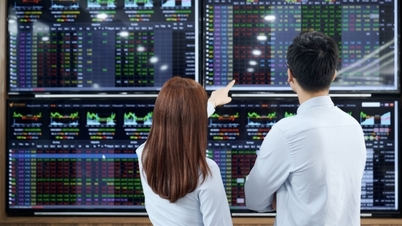
![[Infographic] Vietnam's stock market exceeds 11 million trading accounts](https://vphoto.vietnam.vn/thumb/402x226/vietnam/resource/IMAGE/2025/11/09/1762677474332_chungkhoanhomnay0-17599399693831269195438.jpeg)

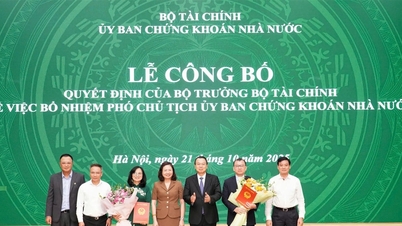


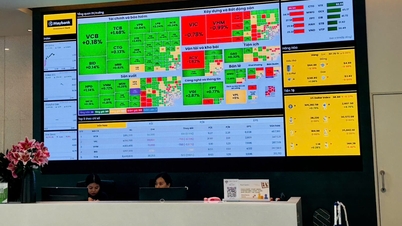
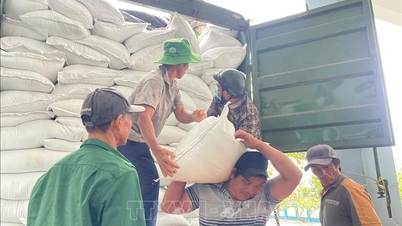
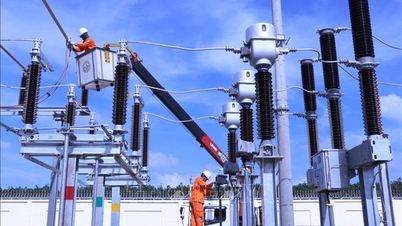
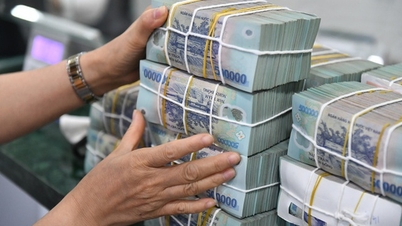
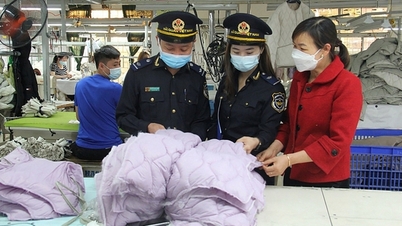

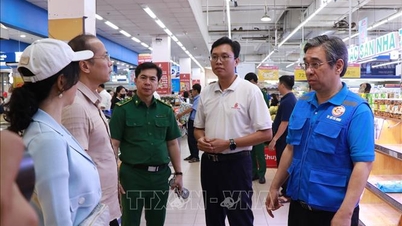
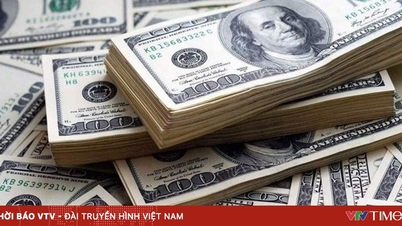





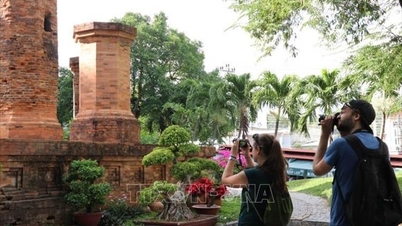
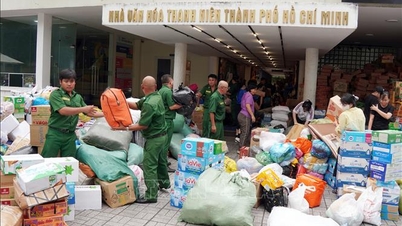
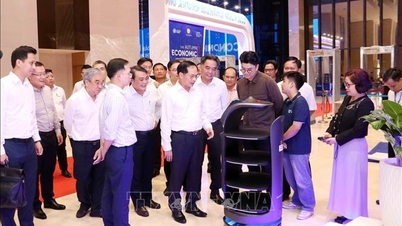

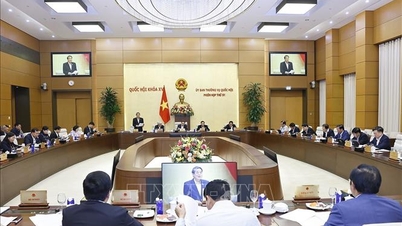
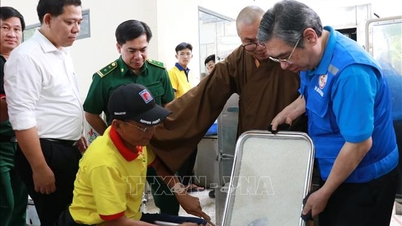


![[Photo] Next to the "mountain of trash" after the flood, Tuy Hoa residents strive to rebuild their lives](/_next/image?url=https%3A%2F%2Fvphoto.vietnam.vn%2Fthumb%2F1200x675%2Fvietnam%2Fresource%2FIMAGE%2F2025%2F11%2F24%2F1763951389752_image-1-jpg.webp&w=3840&q=75)


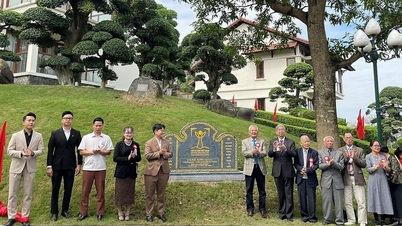



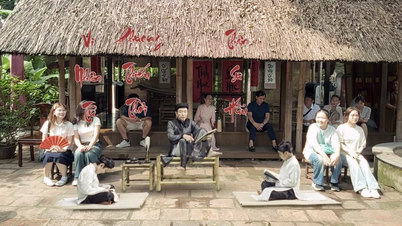









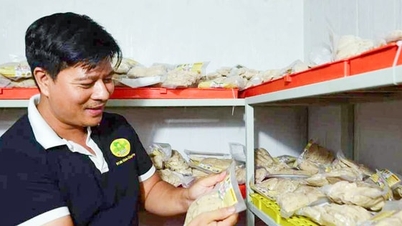





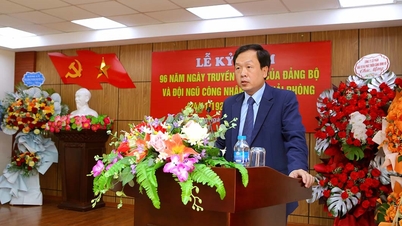


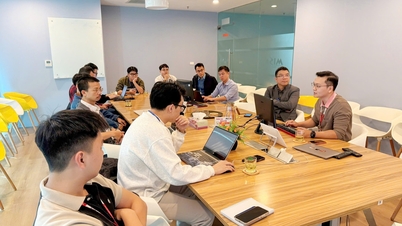

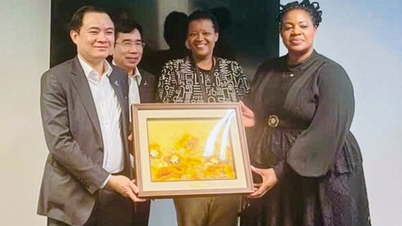
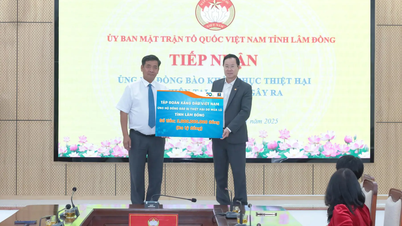






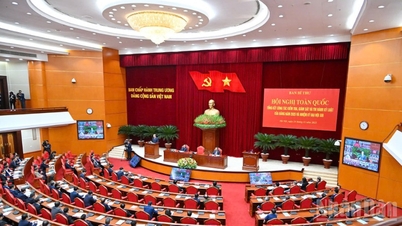

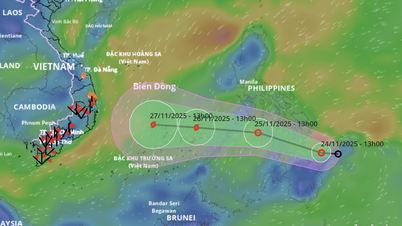

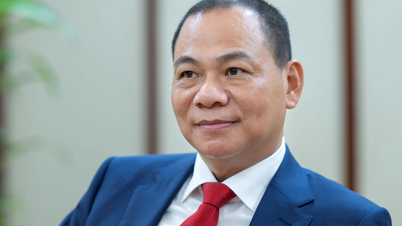


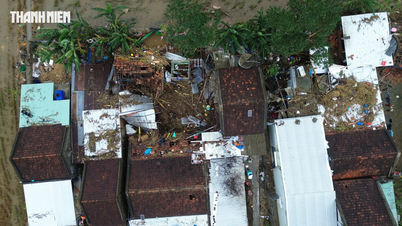
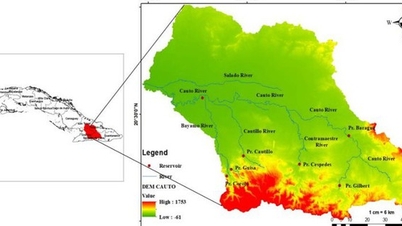


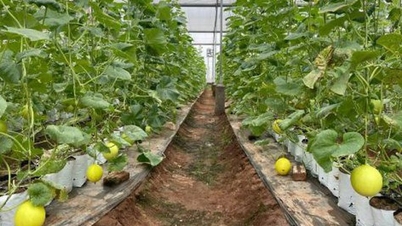


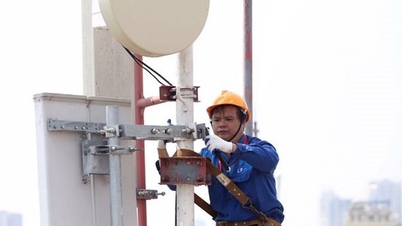




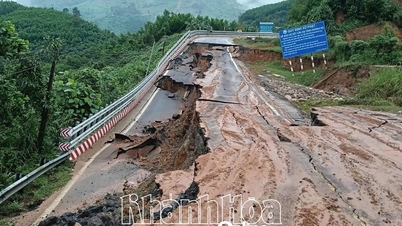



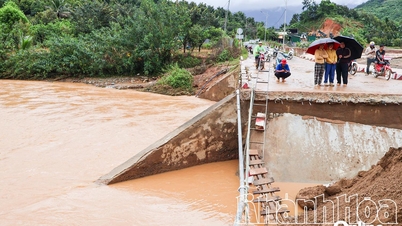
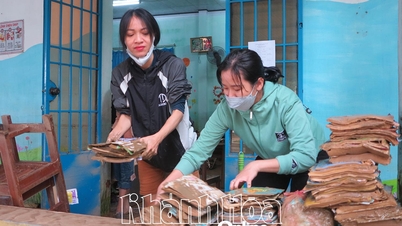










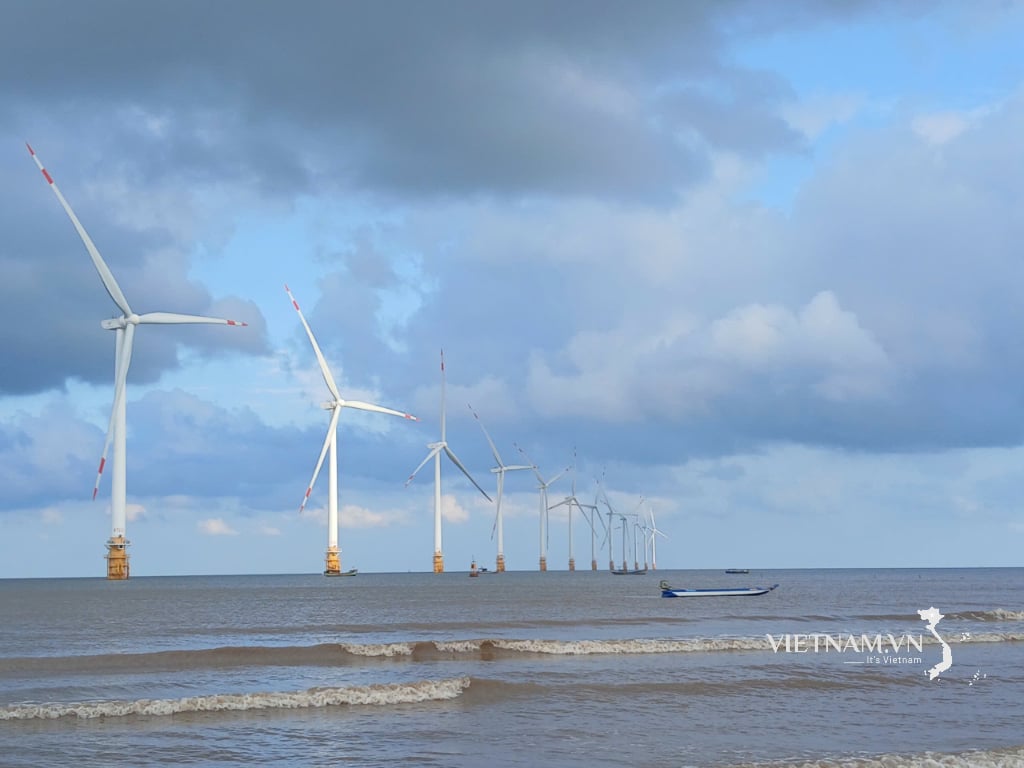

Comment (0)